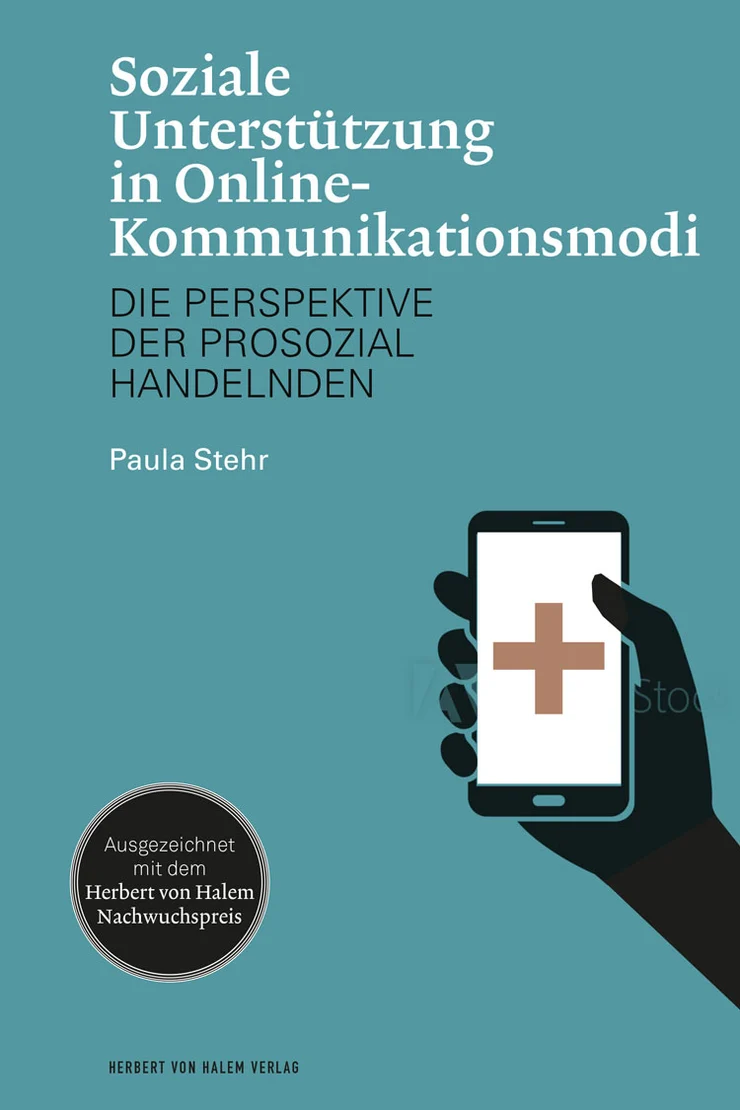Social interactions and relationships play a major role in our health. A central construct here is the so-called "social support". The perspective of those who provide support has received little attention in research so far. With reference to the state of knowledge on prosocial action, Paula Stehr's new book aims to add to the perspective of the actors.
Online modes offer specific conditions for the exchange of social support: in anonymous online forums, people exchange information on stigmatising diseases, socially anxious people benefit from greater control over self-expression in channel-reduced modes, and people with mobility impairments can participate in communities in a media-mediated, location-independent and self-determined way. The book deals on the one hand with the framework conditions of online modes for the exchange of social support and on the other hand with the consequences for psychological and subjective well-being.
The empirical part is based on a so-called "sequential mixed-method design" in which three different studies build on each other: a partially standardised diary study on support services in different communication modes, guideline interviews with prosocially acting actors on social networking sites and a final standardised survey of forum users. The results show that online modes broaden people's prosocial interaction possibilities and offer specific opportunities for social support exchange. This exchange can have a positive influence on well-being, which can be attributed not only to receiving but also to actively providing support.

